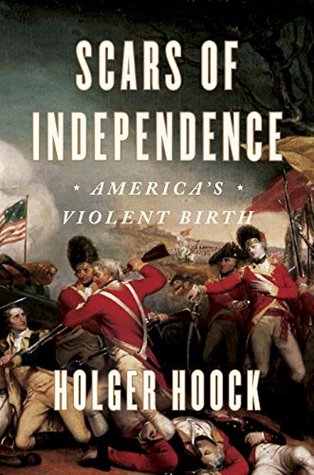The site of their renewed encounter, the Custom House, symbolized the detested imperial revenue system that Britain had saddled on its thirteen Atlantic seaboard colonies after its victory in the Seven Years’ War, which had ended in 1763. Britain wanted the colonies to share in the expense of the victorious war and their future defense, not least by contributing towards the costs of a 10,000-strong British army stationed in America. For years, Massachusetts had played a leading role in opposing these new imperial policies, by means both legal and extralegal. Bostonians remonstrated against the
...more
Welcome back. Just a moment while we sign you in to your Goodreads account.


